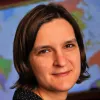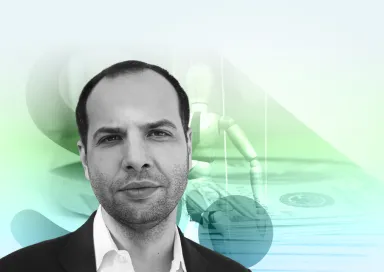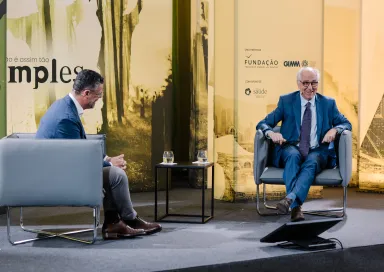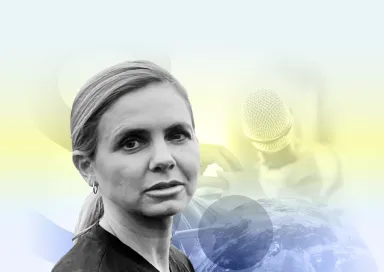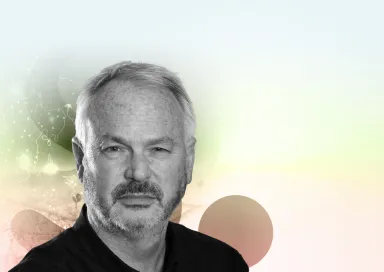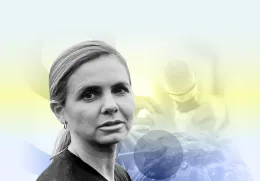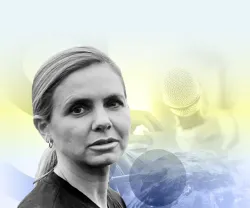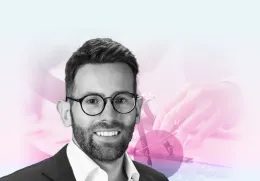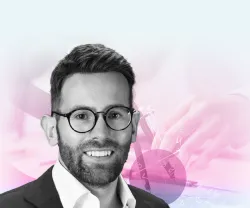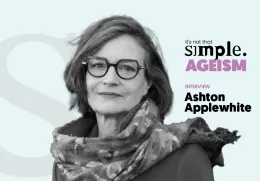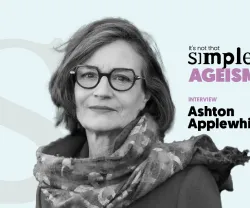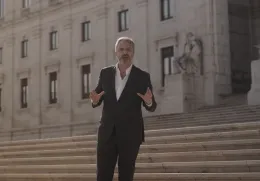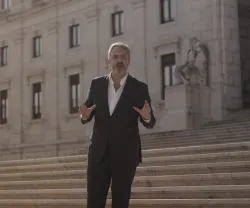$2 (about €1.85) a day is enough to cover all basic necessities? This is the World Bank's yardstick for defining extreme poverty, already even factoring in differences in purchasing power between different countries around the world.
Esther Duflo, who won the Nobel Prize for Economics in 2019 for her work on ways to combat extreme poverty, offers some thoughts on how we can curb inequality. The author advocates «practical solutions», arguing that «it's much easier to think about the effect of something than its cause», and reveals how small measures can have a big impact.
The economist advocates approaching problems with a «plumber's mentality». By adopting this strategy, she shows how important it is to experiment with various solutions until you find a solution.
In this interview, the Nobel laureate explains how small changes in access to health and education have long-term implications for the lives of the poorest people. Using deworming children in Kenya as an example, she shows how this measure has not only led to improvements in health, but has also helped reduce school absenteeism, providing pupils with better quality education.
Esther Duflo also highlights immigrants’ economic contributions, stressing that the workforce and youth immigrants provide, benefit rather than hinder economic development.
In the fight against poverty, climate change is fueling new inequalities: the richest countries are the biggest polluters, but it is the poorest who are suffering the consequences of the climate crisis the most. In light of this, Duflo calls for a global solution to this problem.
Nobel Prize website;
Prize Lecture: Esther Duflo, Prize in Economic Sciences 2019;
HEC TALKS with Esther Duflo: Good Economics for Warmer Times;
Ted Talk «Experimentos sociais para combater a pobreza»;
MIT Esther Duflo, Randomized Controlled Trials and Policy Making in Developing Countries;
A Podcast of One's Own with Julia Gillard - Nobel Prize winner Esther Duflo on economics as a lever of action for the world;
Ted Talk «Taken for Granted: Esther Duflo wants you to think like a plumber»;
The Guardian article;
El Pais Brasil interview
63

Big issues, big names in a new programme dedicated to interviews with international personalities from the world of politics, economics and society. These conversations with special guests, conducted by journalist Pedro Pinto, aim to simplify and help demystify some of today's most important issues. Every month, on the Foundation's website.
